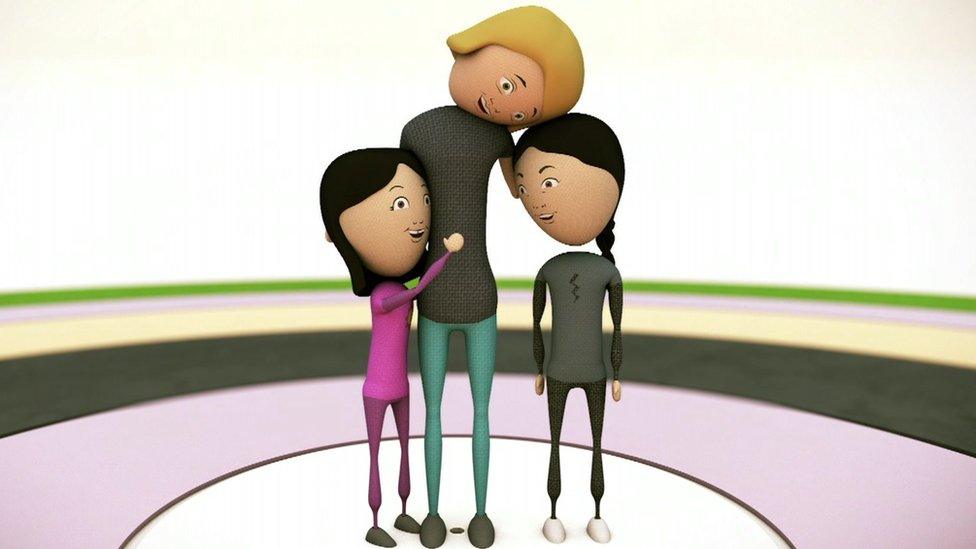Young carers feel 'stressed' and 'worried'
- Published
- comments
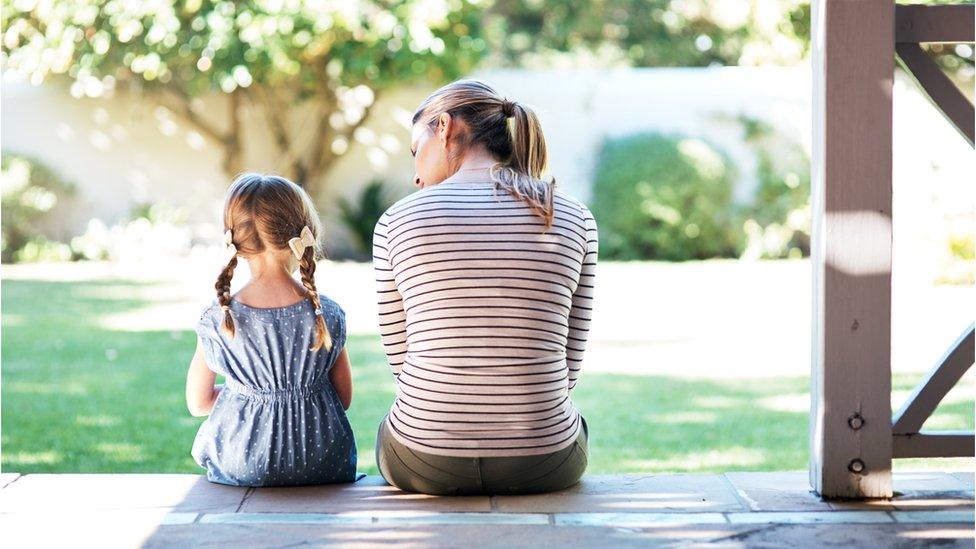
Over a third of young carers say they feel stressed because they're caring for someone else, according to new research.
UK charity, Carers Trust, asked for the survey to be carried out to mark Young Carers Awareness Day (31 January).
WATCH: What is a young carer?
A young carer has extra responsibilities. They might look after a parent or sibling who is disabled or ill. This might mean they need to do extra tasks, such as housework, to help out around the house.
Many young carers are are happy looking after a disabled or sick relative but it can mean they face other challenges too, for example not being able to go out with their friends when they want to and feeling lonely. It might be difficult for them to talk about what they're doing at home because they are worried about what other people will think or how they will react.
The survey found that over a third of young people aged between 11 and 18 in Great Britain, who give up time to care for someone they live with, say it has some impact on their mental wellbeing.
37% of young carers said they felt stressed while 32% said they felt worried.
Half of those who said they felt stressed said they often felt that way.
The research also suggests that young carers aren't getting enough support for their mental health.
Watch Charlotte's story
If you are worried about any issues you have read about here, call Childline on 0800 1111 or visit
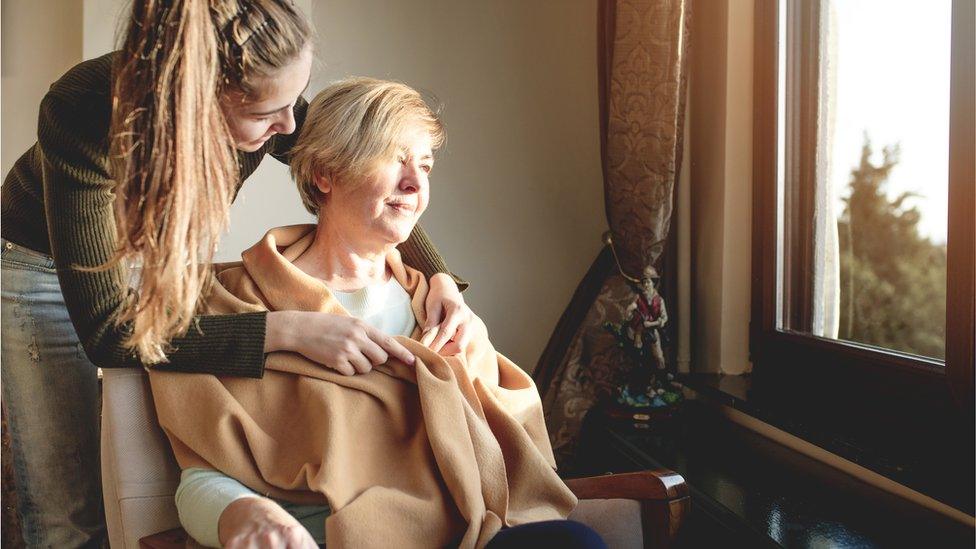
The CEO of Carers Trust, Giles Meyer, said:
"Right across Britain today hundreds of thousands of young people are having to care for family members with complex needs.
"The YouGov survey we commissioned points to the toll these challenging responsibilities are placing on the mental wellbeing of young carers, many of whom juggle complex challenges and pressures every day.
"It's hardly surprising therefore that so many of the young carers we speak to are crying out for help and support to ease the stress and worry they experience as a result of caring for someone."
Watch to find out what it's like being a young carer
The charity wants more people who work with young people to have training so they can identify a young carer sooner.
They think this will help make sure young carers get the support they need for their mental health.
- Published2 August 2018
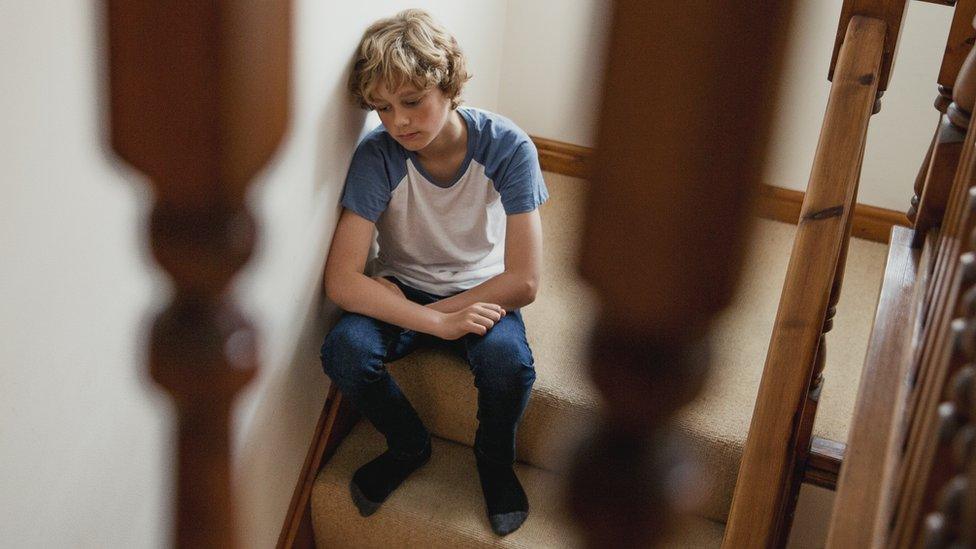
- Published11 December 2017
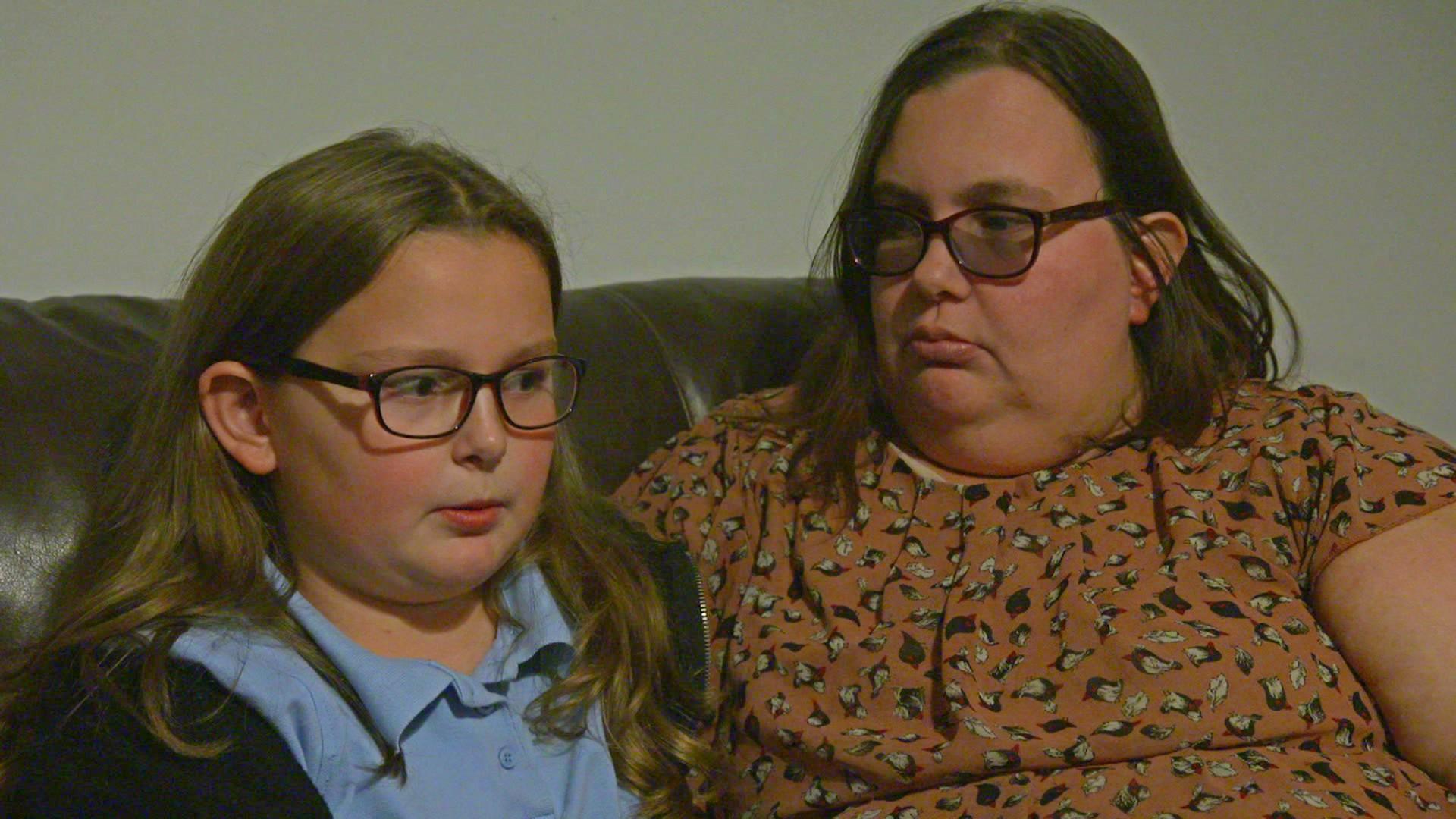
- Published26 January 2017
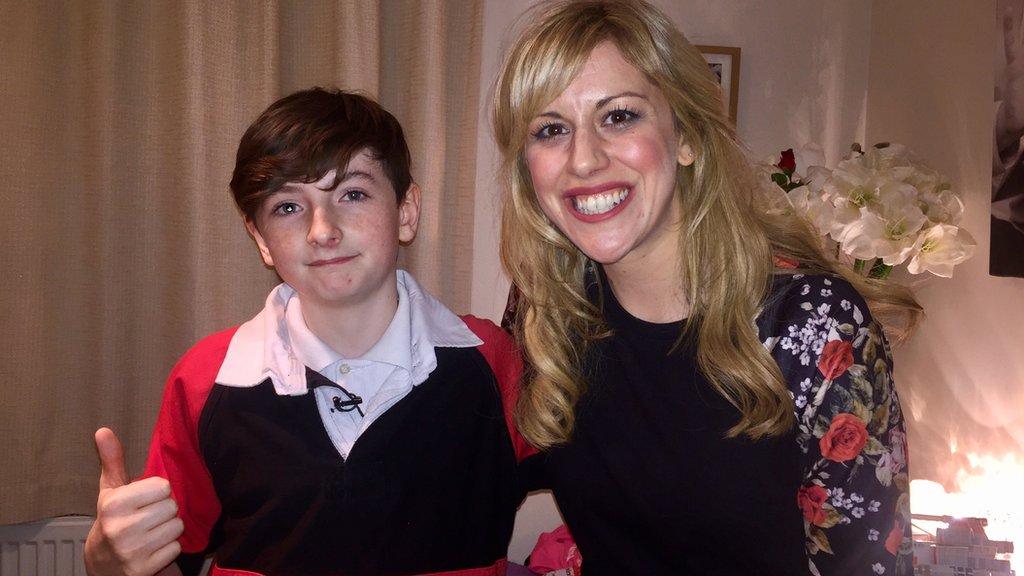
- Published5 February 2019
